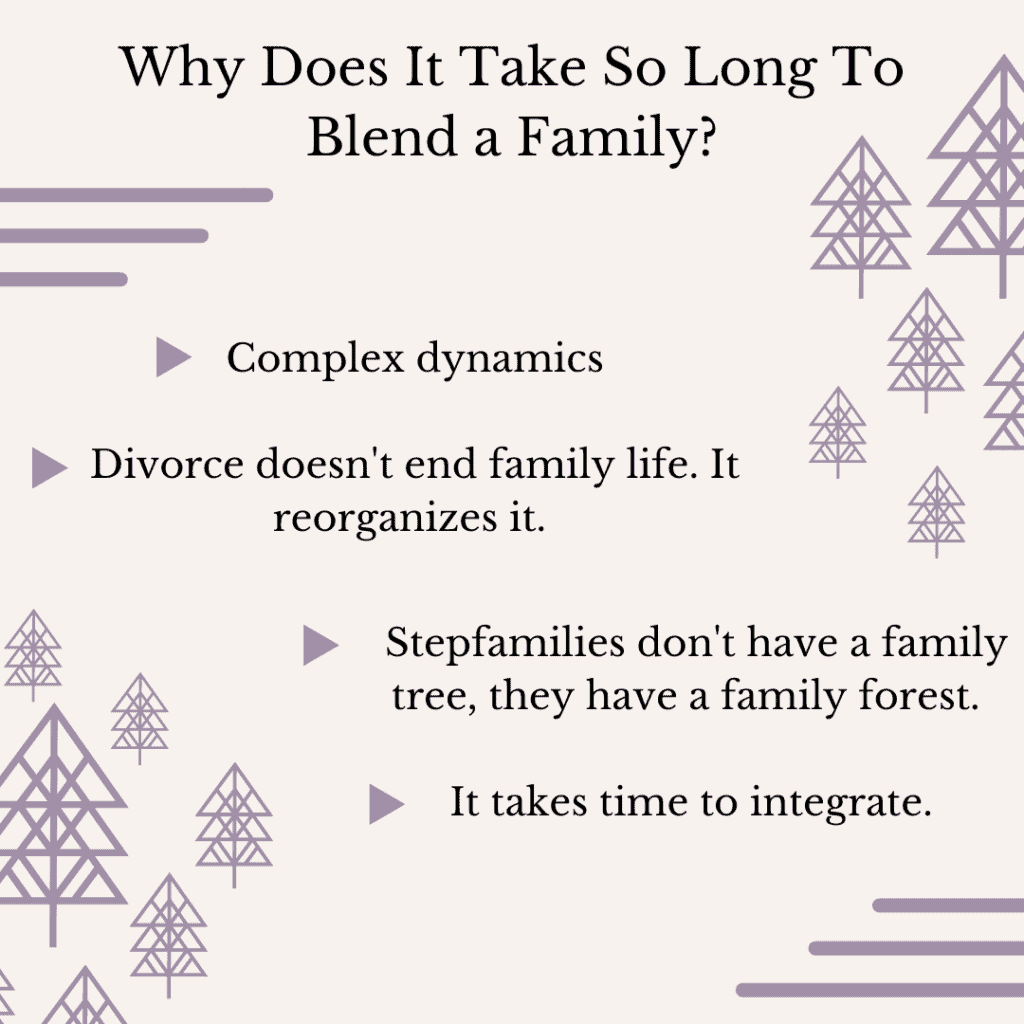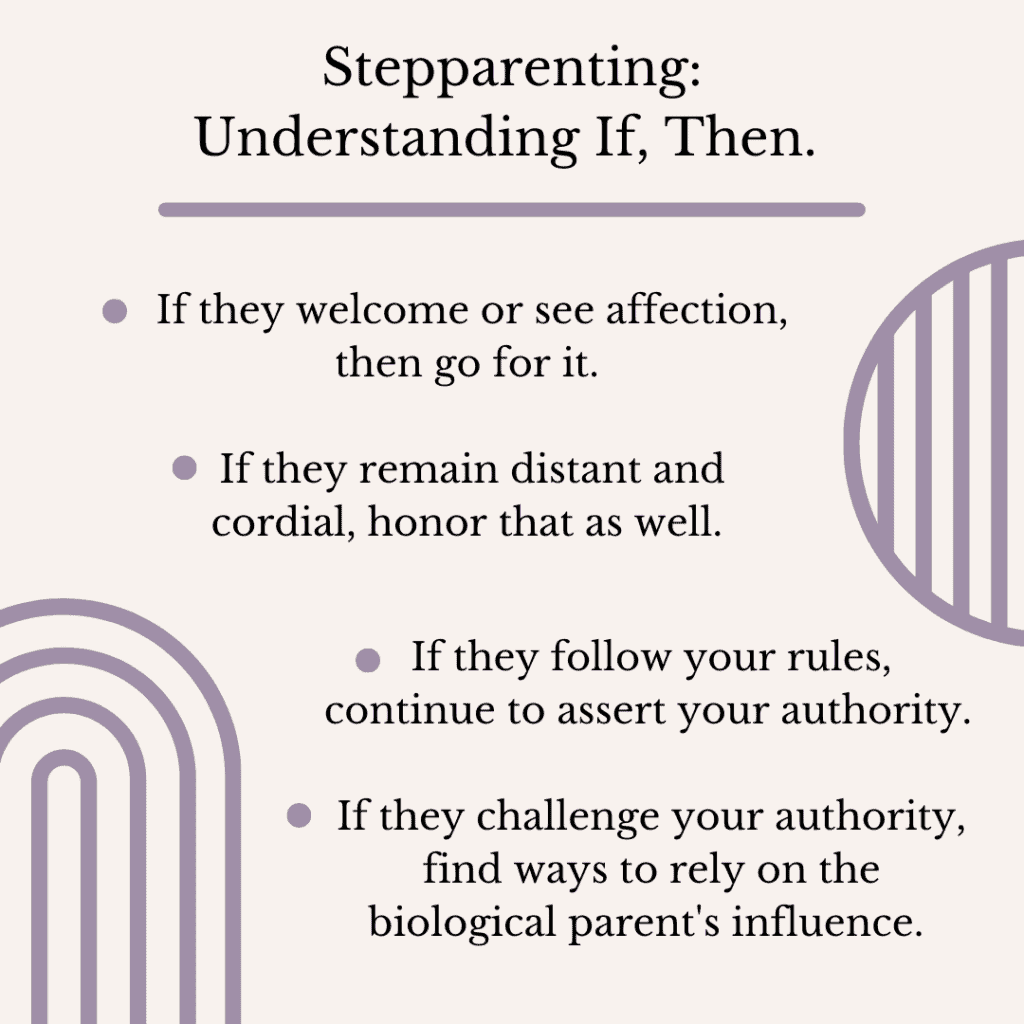
Is Remarriage Right for You and Your Future Stepfamily?
Understanding the challenges of stepfamily living can help you make an informed decision about remarriage.

Many people assume that stepparenting is the sole responsibility of the stepparent. On the contrary, it is a two-person task.
Parenting in stepfamilies is a two, three, or four-person (sometimes more!) dance. Parent-stepparent harmony is the crux of successful parenting within your home. Understanding this dynamic is the key to smart stepparenting. The two most critical relationships in any stepfamily home are the marriage and the stepparent-stepchildren relationships.
The marriage must be strong to endure the many pressures that stepfamily couples face and provide the backbone to stepfamily stability. Almost as important is the stepparent-stepchildren relationship. The stepparent’s role in the family is critical because it dramatically affects the level of stress in children. Less stress in children equals more harmony with stepparents; that in turn leads to more harmony in the marriage.
Many people assume incorrectly that stepparenting is the sole responsibility of the stepparent. This assumption pits husband and wife against one another when the stepparent flounders or upsets the children. On the contrary, stepparenting is a two-person task.
Biological parents and stepparents must work out roles that complement one another and play to each other’s strengths. Just as in two-biological parent homes, parents and stepparents must be unified in goals and work together as a team. Stepparents who are struggling need biological parents who will step up to the plate.
Stepparents and biological parents do not function in a vacuum, isolated from one another. In fact, what is needed most is a working alliance between the parent and stepparent that helps to clarify the stepparent’s role. Smart stepparenting means planning and parenting together.
General stepfamily integration and bonding with a stepchild hardly ever happens as quickly as adults want it to. It just doesn’t happen on their timetable. Stepfamily researcher James Bray discovered that stepfamilies don’t begin to think or act like a family until the end of the second or third year.
Furthermore, Patricia Papernow, author of the book Becoming a Stepfamily, discovered that it takes the average stepfamily seven years to integrate sufficiently to experience intimacy and authenticity in step relationships.
Fast families can accomplish this in four years, if the children are young and the adults are intentional about bringing their family together. However, slow families, can take nine or more years. In my experience, very few adults come into their stepfamily believing it will take this long. They want a quick, painless blending process. In fact, if they had known the journey would take so long, they might not have signed on in the first place.

The attitudes and expectations you carry either make bonding with a stepchild easier or more difficult. In addition, there are many factors that, in truth, have very little to do with you, and everything to do with the child and his or her other relationships and past.
Finding a map for your stepfamily journey means understanding the factors that make or break your place in the home. Keep reading to continue pulling the pieces together.
The cardinal rule for stepparent bonding is to let the children set the pace for their relationship with you.
Effective stepparents know that building a connection with stepchildren takes time, yet they don’t emphasize “deepening the bond” to the point that they miss the relationship they currently have.
Learn to find the nuggets of good in the relationship you have now. Be patient and keep seeking to grow with your stepchildren, but don’t add too much pressure.

Parents and stepparents tend to assume that children want a close, warm relationship with the stepparent. Biological parents want their children to be happy with their choice of mate. Also, stepparents assume they need to be someone special to the children. Kids say otherwise.
When asked how the stepparent role should be performed, parents and stepparents generally envision the role in similar ways. In one study, close to half of them said the ideal stepparent role should be one of “parent” as opposed to “stepparent” or “friend.” In contrast, 40 percent of stepchildren identified “friend” as the ideal role. Far fewer children thought a “parent” role was ideal. “Parents” give hugs and expect obedience to their rules; “friends” offer support and encourage positive values in a child’s life.
Stepparents need to learn to relax into their role and not expect too much of themselves. To expect too much is to set themselves up for disappointment and frustration. Biological parents also need to relax and let stepparents and stepchildren carve out their relationship.
James Bray discovered that most stepchildren in the early years of stepfamily life view the stepparent like a coach or camp counselor. Such people have limited authority with children and provide instruction, but they are not “parents.”
However, just because your stepchildren don’t give you unsolicited hugs does not mean you don’t have a decent relationship. Having stepchildren who talk to you only when they want something is not an indication that you are a poor stepparent. It represents where you are today. Relax and trust that the relationship will grow over time. This is at the core of your journey towards smart stepparenting.